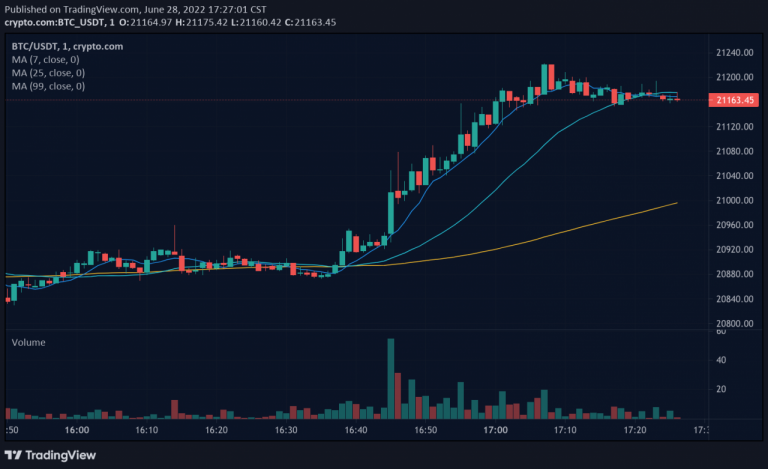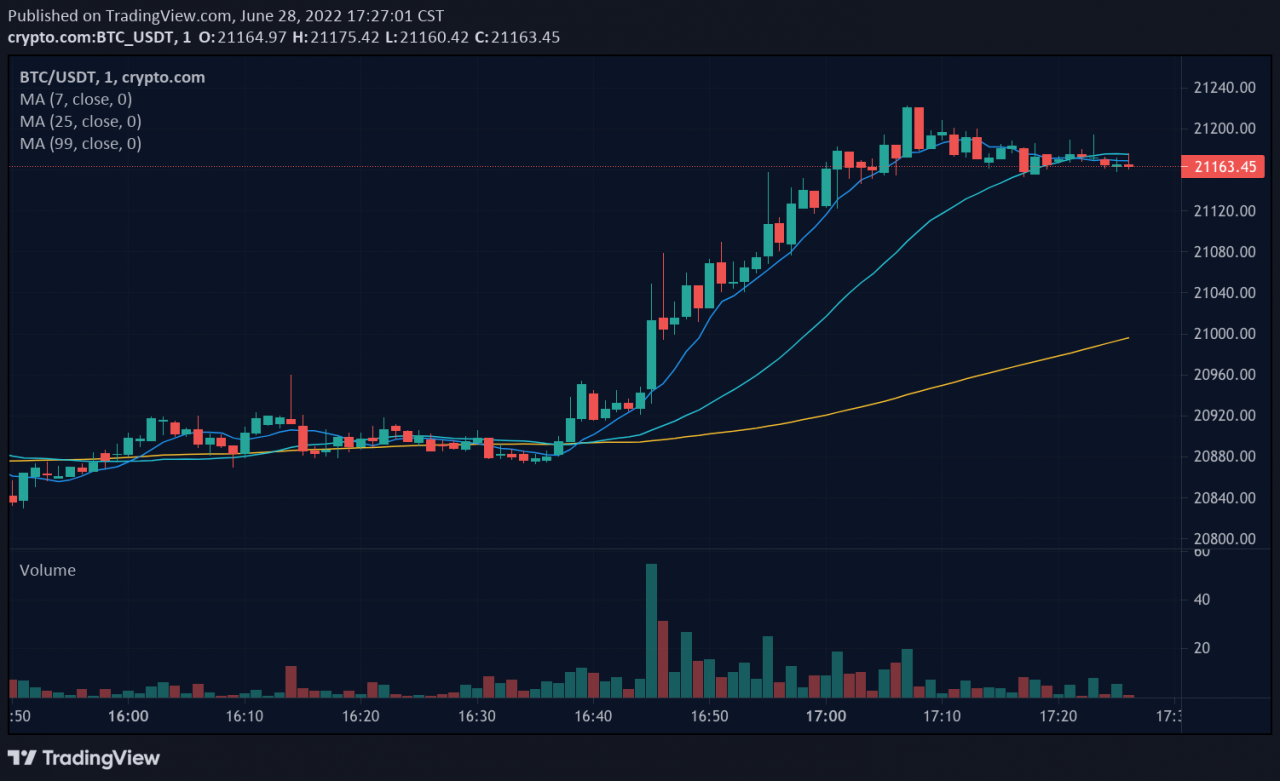Kicking off with cryptocurrency utility meaning, this concept serves as a pivotal element in understanding how digital currencies operate in real life. Cryptocurrencies aren’t just about trading; their utility lies in their ability to provide specific functions and benefits to users, making them more than mere speculative assets.
From payment functionalities to governance roles, various cryptocurrencies offer unique utilities that enhance their value and practicality. This exploration of cryptocurrency utility reveals how these digital currencies integrate into everyday transactions and the broader economy, showcasing their transformative potential.
Definition of Cryptocurrency Utility
Cryptocurrency utility refers to the practical applications and functions that digital currencies can serve within various ecosystems. Unlike traditional currencies, which primarily function as a medium of exchange, cryptocurrencies often come with unique features that enhance their value and usability. For instance, utility in cryptocurrencies can manifest as a means of facilitating transactions, granting access to services, or enabling governance within a blockchain network.Several cryptocurrencies demonstrate unique utility.
For example, Ethereum is known for its smart contract functionality, allowing developers to build decentralized applications (dApps) on its platform. Similarly, Binance Coin (BNB) offers utility within the Binance exchange ecosystem, where it can be used to pay transaction fees at a discounted rate. The importance of utility in cryptocurrency is crucial, as it directly influences demand and, consequently, the overall value of the asset.
Types of Utility in Cryptocurrencies
Cryptocurrencies can be categorized based on their utility features, primarily falling into several distinct types. Understanding these categories is essential for assessing the role of various tokens in the blockchain landscape.
- Utility Tokens: These tokens provide users with access to specific features or services within a blockchain ecosystem. They are not intended for investment purposes but rather to facilitate a specific utility.
- Security Tokens: Unlike utility tokens, security tokens represent ownership in an asset or a share in a company. These tokens are often subject to regulatory scrutiny and are designed for investment purposes.
- Payment Utilities: Cryptocurrencies like Bitcoin and Litecoin function primarily as mediums of exchange, allowing users to make transactions quickly and with lower fees compared to traditional banking systems.
- Access Utilities: Tokens like Filecoin enable users to access decentralized storage, while others might grant entry to exclusive services or platforms.
- Governance Utilities: Some cryptocurrencies, such as MakerDAO’s MKR, allow token holders to participate in governance decisions, influencing the direction and rules of their respective ecosystems.
Real-World Applications of Cryptocurrency Utility
The utility of cryptocurrencies extends into various real-world applications, highlighting their versatility and growing acceptance across industries. A notable example includes the use of Bitcoin for remittances, where users can send money across borders at a fraction of the cost of traditional services. Furthermore, blockchain technology is being adopted in supply chain management, where companies like IBM and Walmart are leveraging platforms such as Hyperledger to enhance transparency and efficiency.Various industries, including finance, healthcare, and entertainment, are integrating cryptocurrency utilities.
For instance, the gaming industry is embracing in-game currencies on blockchain platforms, allowing players to earn, trade, and spend tokens seamlessly within their games. Platforms such as OpenSea enable the buying and selling of NFTs, further demonstrating the practicality of cryptocurrencies in digital ownership.
Evaluating the Utility of Different Cryptocurrencies
When evaluating the utility of different cryptocurrencies, it is essential to consider multiple criteria. Factors such as the technology behind the token, its use cases, community support, and real-world adoption play a significant role in determining its utility.A comparison of leading cryptocurrencies can provide valuable insights into their respective utilities. For instance, Bitcoin serves primarily as a store of value and a medium of exchange, while Ethereum’s utility extends to hosting dApps and smart contracts.
| Cryptocurrency | Utility Features | Use Cases |
|---|---|---|
| Bitcoin | Store of Value, Medium of Exchange | Payments, Remittances |
| Ethereum | Smart Contracts, dApps | Decentralized Finance (DeFi), NFTs |
| Binance Coin | Transaction Fee Reductions | Trading on Binance, Token Sales |
| Cardano | Smart Contracts, Governance | Decentralized Applications |
Future Trends in Cryptocurrency Utility
Emerging trends in cryptocurrency utility indicate a growing integration of blockchain technology into various sectors. Innovations such as layer-two solutions aim to improve transaction speeds and reduce costs, enhancing the overall user experience. Additionally, advancements in decentralized finance (DeFi) are creating new avenues for utilizing cryptocurrencies, allowing users to lend, borrow, and earn interest on their holdings.Technological advancements, including improvements in interoperability between different blockchains, can significantly enhance the utility features of cryptocurrencies.
As more projects focus on cross-chain solutions, users may experience increased flexibility and ease of use.Regulatory impacts also play a crucial role in shaping the future of cryptocurrency utility. Governments worldwide are exploring frameworks that can legitimize the use of cryptocurrencies while ensuring consumer protection. These regulations could either foster innovation or create hurdles, depending on how they are structured.
Challenges Impacting Cryptocurrency Utility
Despite the growing adoption of cryptocurrency utilities, several challenges hinder their widespread acceptance. Market volatility remains a significant concern, as drastic price fluctuations can affect the perceived utility of cryptocurrencies. For example, if a cryptocurrency’s value drops sharply, users may be less inclined to utilize it for transactions.Security issues also pose challenges, as cryptocurrencies can be vulnerable to hacks and fraud.
High-profile breaches have raised concerns over the safety of using cryptocurrencies for everyday transactions. Addressing these security challenges is essential to building trust and enhancing the utility of cryptocurrencies in the long term.Overall, understanding the multifaceted utility of cryptocurrencies is crucial for both investors and users as they navigate this rapidly evolving landscape.
Closing Notes
In summary, understanding cryptocurrency utility meaning is essential for anyone looking to grasp the full impact of digital currencies. As industries continue to adopt these assets for real-world applications, the future of cryptocurrency looks promising, albeit with challenges that need addressing. Embracing the utility of these currencies opens up new possibilities for innovation and value creation.
FAQ Resource
What is cryptocurrency utility?
Cryptocurrency utility refers to the practical functions and benefits that a cryptocurrency offers beyond just being a medium of exchange.
How do utility tokens differ from security tokens?
Utility tokens provide access to a service or product within a blockchain ecosystem, while security tokens represent ownership or investment in an underlying asset.
Can cryptocurrencies be used in everyday transactions?
Yes, many cryptocurrencies are accepted by various merchants and platforms, making them viable options for everyday purchases.
What are some challenges faced by cryptocurrency utilities?
Common challenges include market volatility, security issues, and regulatory uncertainties, which can impact their perceived value and utility.
How can one assess the utility of a cryptocurrency?
Utility can be evaluated by examining its use cases, demand, transaction speed, security features, and overall adoption in real-world applications.

















